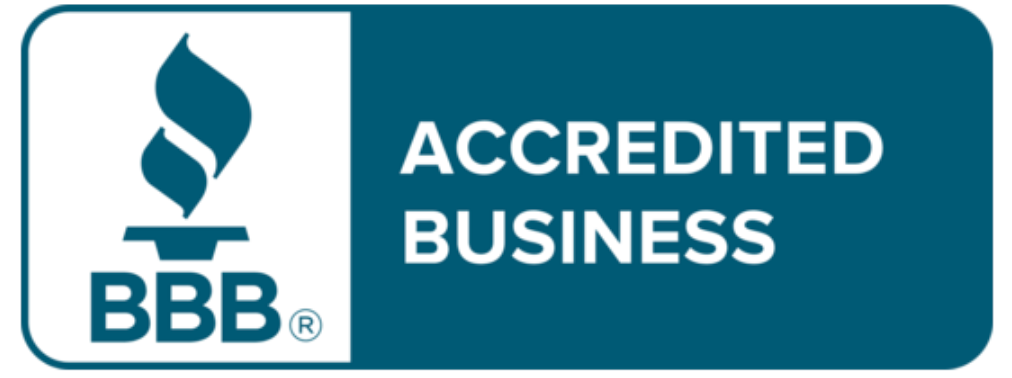6 Key Factors to Consider When Choosing a Commercial Answering Service
An effective answering service can be a valuable extension of your team—helping you improve customer satisfaction, capture more leads, and ensure important calls are handled promptly. With so many providers offering various features, selecting the right answering service for your business requires thoughtful consideration.
Here are six essential factors to evaluate when choosing a commercial answering service for your Texas-based company.
1. Evaluate Your In-House Capabilities
Before reaching out to service providers, assess your current call-handling infrastructure. What equipment do you use? Do you already have a receptionist or in-house staff answering calls during business hours? Understanding what you can manage internally will help clarify what support you need externally—whether that’s after-hours coverage, overflow call handling, or full-time support.
This assessment ensures you’re not overpaying for services that overlap with existing resources.
2. Understand Your Call Volume
Many answering service plans are based on call volume, so having a realistic estimate is key to choosing the right package. Analyze how many calls your business receives during and after hours. Consider seasonal fluctuations and marketing campaigns that may spike call traffic.
Sharing accurate data with providers helps you avoid being under- or over-serviced—and ensures cost-effective support.
3. Assess the Provider’s Service Offerings
Not all answering services are created equal. Some offer live agents trained to handle complex inquiries, while others simply take messages and forward them. Some include appointment scheduling, CRM integration, or bilingual support.
Determine which features are essential for your business and seek a provider that offers customizable packages. Prioritize services that align with your customer expectations and business goals.
4. Consider Language Support
Depending on your location and target market in Texas, bilingual support—especially in English and Spanish—may be a must-have. If your business serves a diverse clientele, offering multilingual service can be a major competitive advantage.
Look for providers with fluent, culturally aware agents who can communicate clearly and respectfully with every caller.
5. Match the Schedule to Your Needs
Not all answering services operate 24/7. Some only offer support during evenings or weekends, while others provide full-day coverage. Think about when your team is unavailable and what hours your customers are most likely to call.
If round-the-clock accessibility is important to your brand, choose a provider that offers 24/7 service—especially if you operate in industries like healthcare, legal services, or home repair where urgent calls are common.
6. Plan for Growth and Flexibility
If your business is expanding, choose an answering service that can scale with you. Some providers offer flexible plans that adjust based on your evolving call volume and service requirements. This helps you avoid switching vendors as you grow—and gives you confidence that your provider can support you long-term.
Opt for a partner that’s equipped to serve small businesses today and accommodate larger operations tomorrow.
Choose a Partner That Grows with You
The right answering service should feel like an extension of your business—responsive, professional, and reliable. Whether you need after-hours support, bilingual agents, or overflow call handling, make sure the provider you choose aligns with your business needs now and in the future.
Kim’s Answering Service offers Texas businesses flexible, 24/7 call support with a wide range of service features. Contact us today to explore custom plans that can help you improve customer engagement and streamline communication across your organization.











